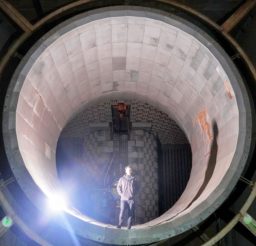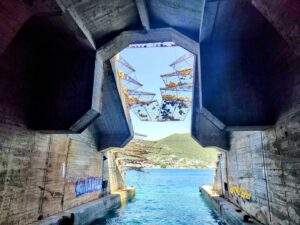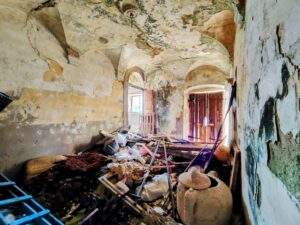The Scars of the NATO Bombing of Yugoslavia- Derelict Buildings in Belgrade, Serbia
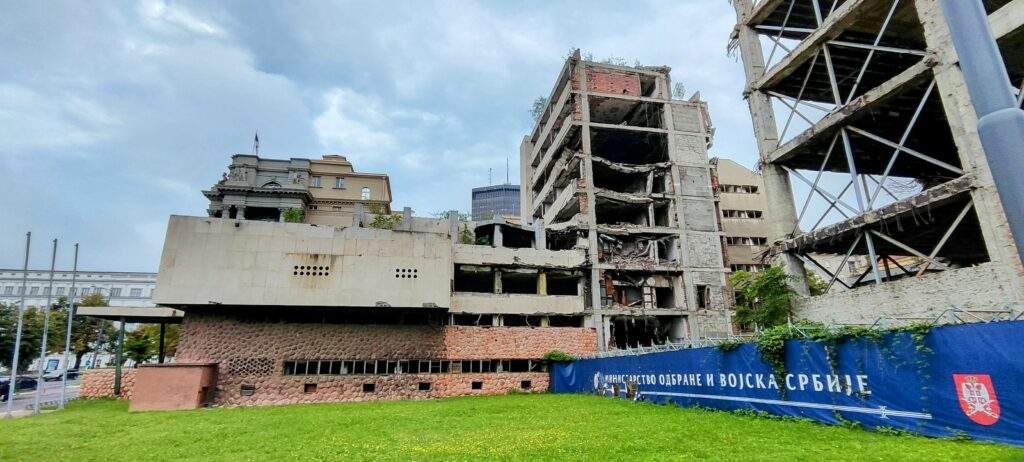
The Kosovo War lasted from February 1998 until June 1999. Before the war Kosovo was controlled by The Federal Republic of Yugoslavia, which today is Serbia and Montenegro. Bosnia and Herzegovina, Croatia, Macedonia and Slovenia had already left Yugoslavia and gained their independence. Kosovo was a province of the republic with a majority Albanian population. In the early 1990s the Kosovo Liberation Army (KLA) was formed in reaction to the discrimination of the ethnic Albanians living in the region, as well as the suppression of Kosovo’s political autonomy. The KLA sought independence from Yugoslavia, buoyed by the successes of the former Yugoslav republics that had gained independence in the previous decade.
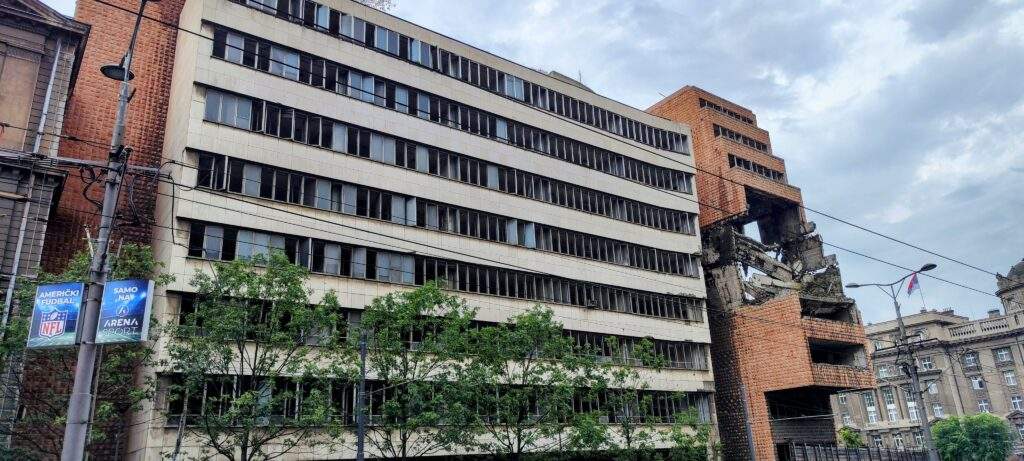
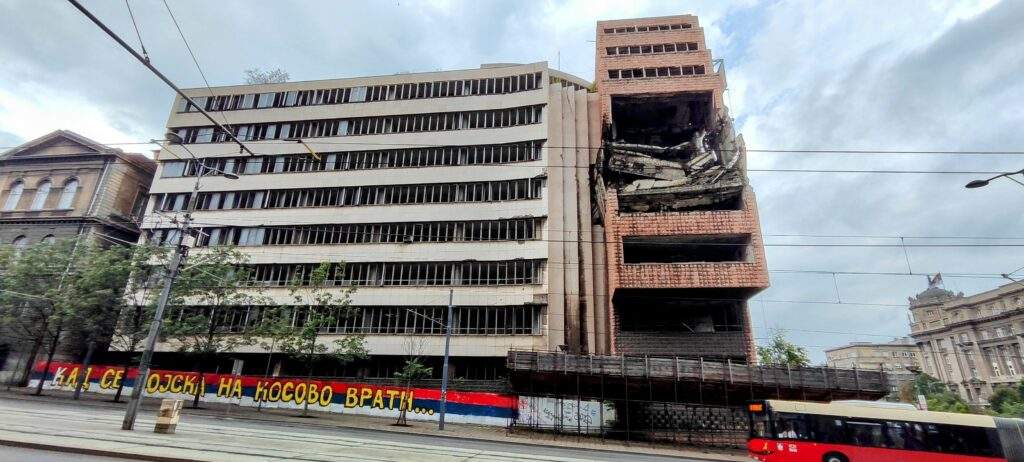

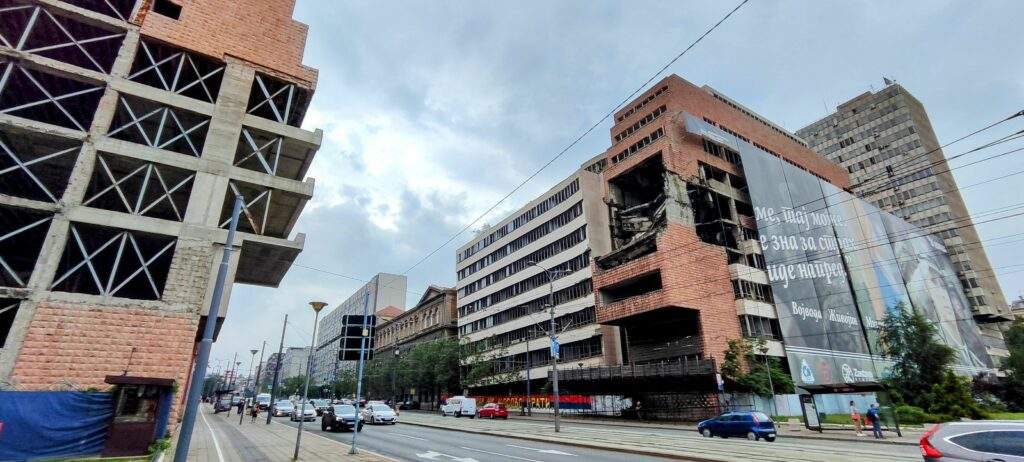

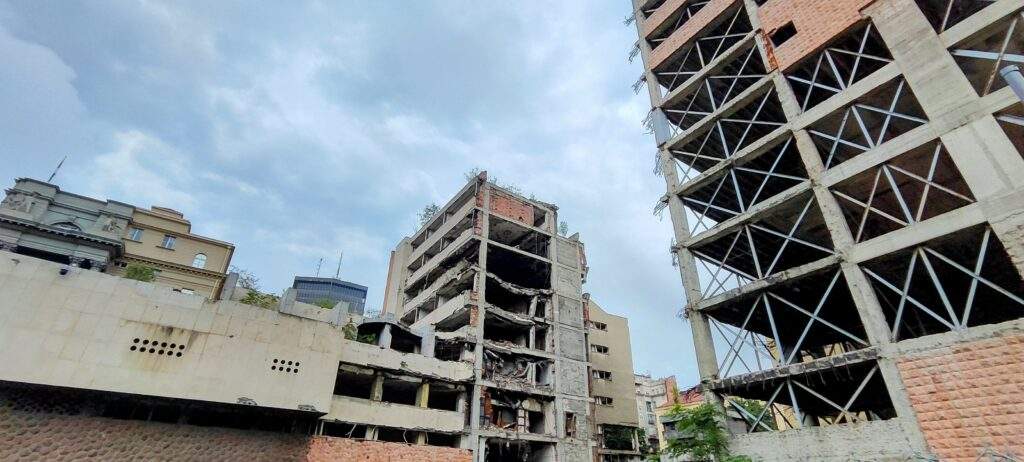
Yugoslavia, and particularly Serbia, being the dominant state of the republic, did not support the push for the independence of Kosovo. It wanted to protect the Serbian minority living in the province, and considered Kosovo part of Serbia due to historic ties to the region. Similar to its response to Bosnia and Croatia’s fight for independence, Serbia sought to retain control of Kosovo through military action.
In its fight for independence, from around 1995 onwards, the Kosovo Liberation Army initiated acts of sabotage against Yugoslavian rule, targeting police stations and Yugoslav authorities using weapons smuggled from Albania. Yugoslavia responded by targeting KLA sympathisers as well as its combatants. By 1999 370,000 Kosovar Albanians had been displaced and up to 2000 civilians and KLA combatants had been killed. According the the Hauge, Serbian police used excessive and random force, which resulted in property damage, the displacement of the population and the death of civilians.
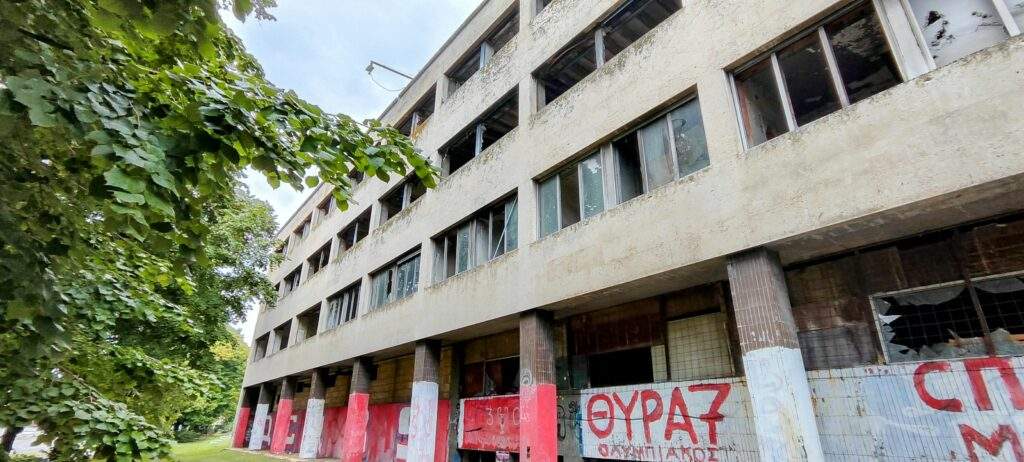

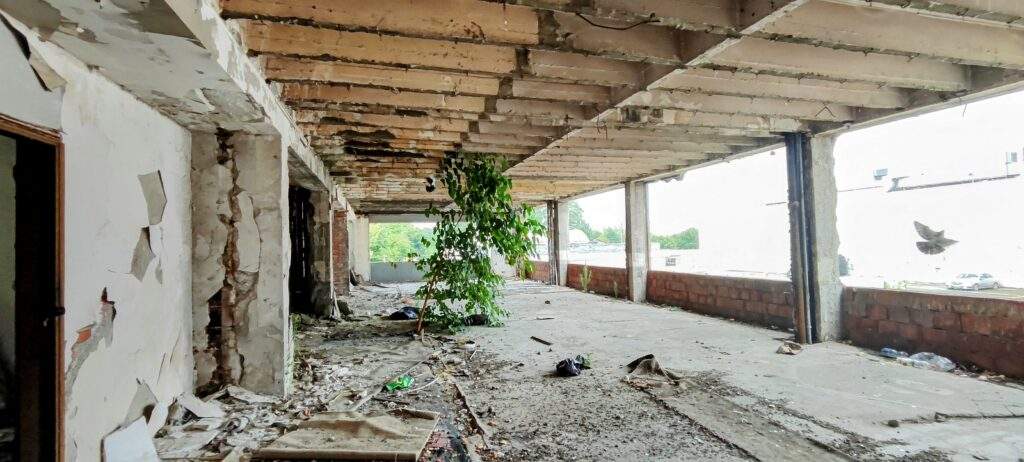
The NATO bombing of Yugoslavia which brought about the end of the war was a reaction to Yugoslav forces beginning a massive campaign of repression and expulsions of Kosovar Albanians on 20 March 1999. NATO intervened with an aerial bombing campaign that began on March 24, justifying it as a “humanitarian war”. This bombing campaign did not gain the approval of the UN Security council and caused the deaths of at least 488 Yugoslav civilians, including Kosovar refugees. The war ended on 9th June 1999 with Yugoslav and Serb forces agreeing to withdraw from Kosovo and Nato “peacekeeping” forces entering the region on 12th June.
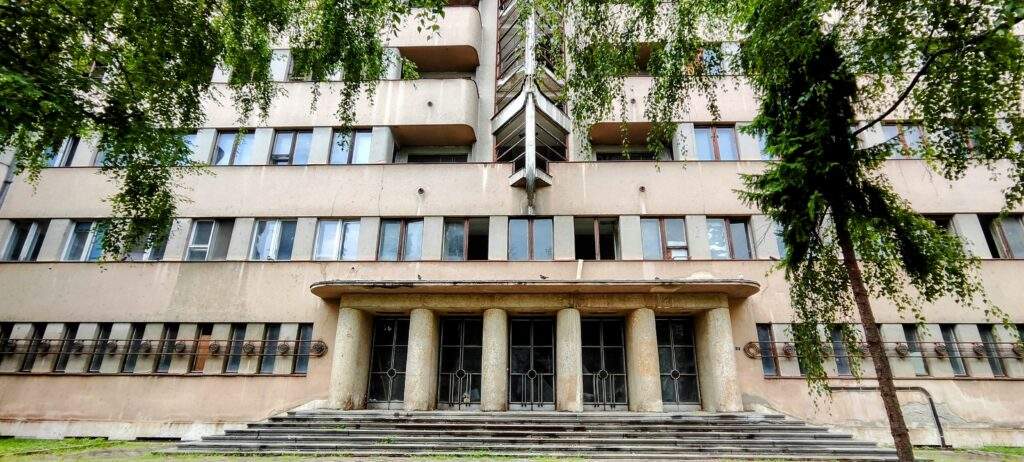
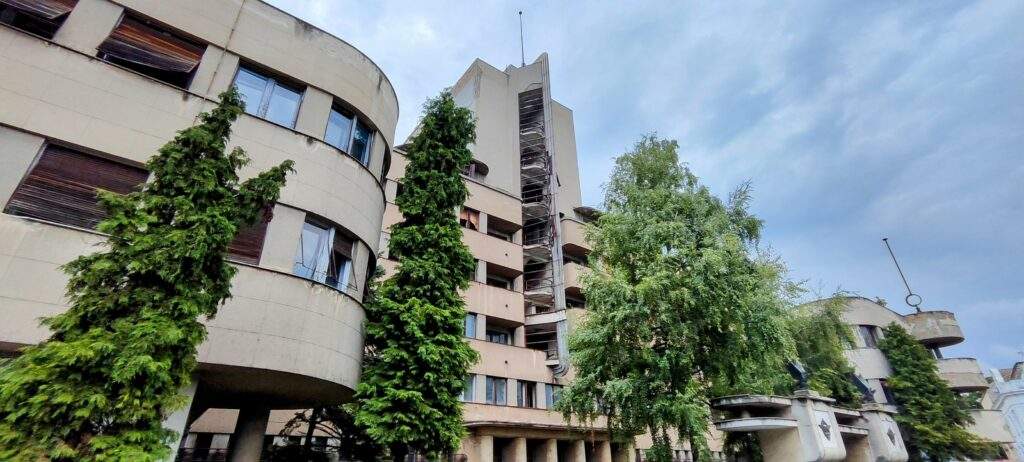
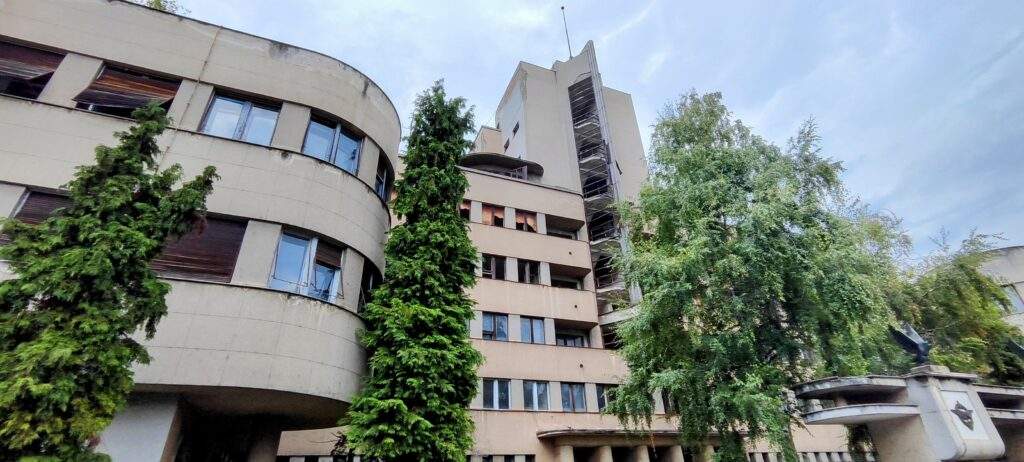
A supreme court administered by the United Nations found that there had been “a systematic campaign of terror, including murders, rapes, arsons and severe maltreatments” by Yugoslavia, but that troops had tried to remove Albanian population rather than eradicate them altogether. Over 13,500 people were killed or went missing, and the Yugoslav and Serbian forces caused the displacement of up to 1.45 million Kosovo Albanians.
NATO’s bombing campaign, which remains highly controversial, involved around 1000 aircraft causing around $100 billion worth of damage. The bombing campaign was initially designed to destroy Yugoslav air defences and military targets, however they increasingly targeted Yugoslav troops on the ground, as well as factories, power stations and telecommunications facilities. The Yugoslav government claimed that NATO had targeted civilians and broken international law, particularly during the bombing of ethnic Albanians near Korisa (who had allegedly been used as human shields) and the bombing of the Radio Television headquarters, killing 16 civilians. Amnesty international labeled this event a war crime.
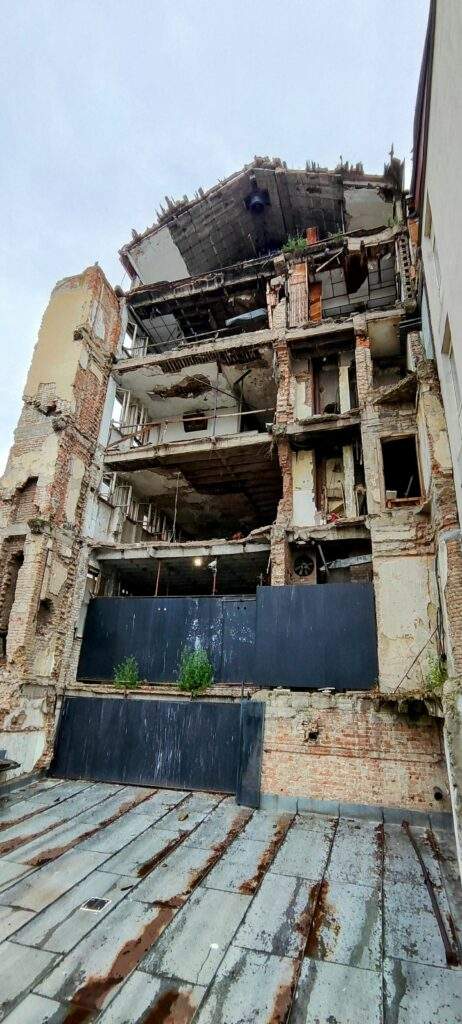
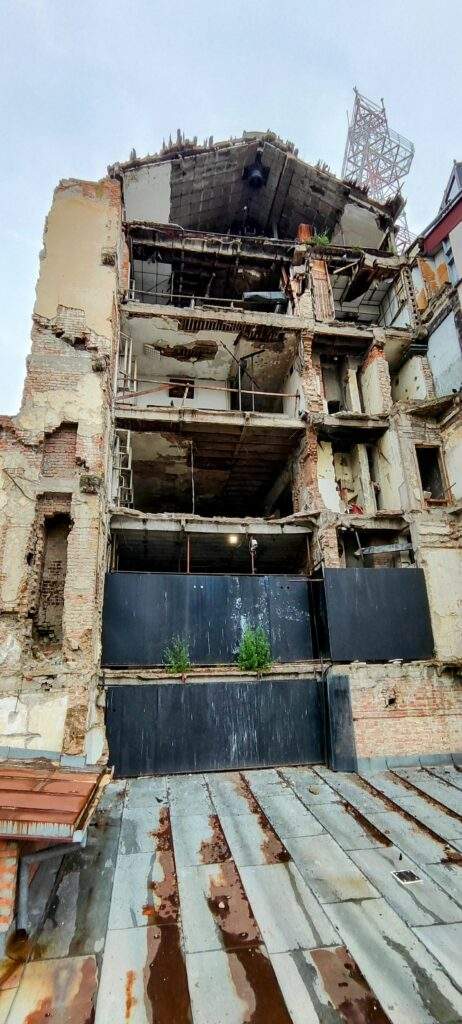
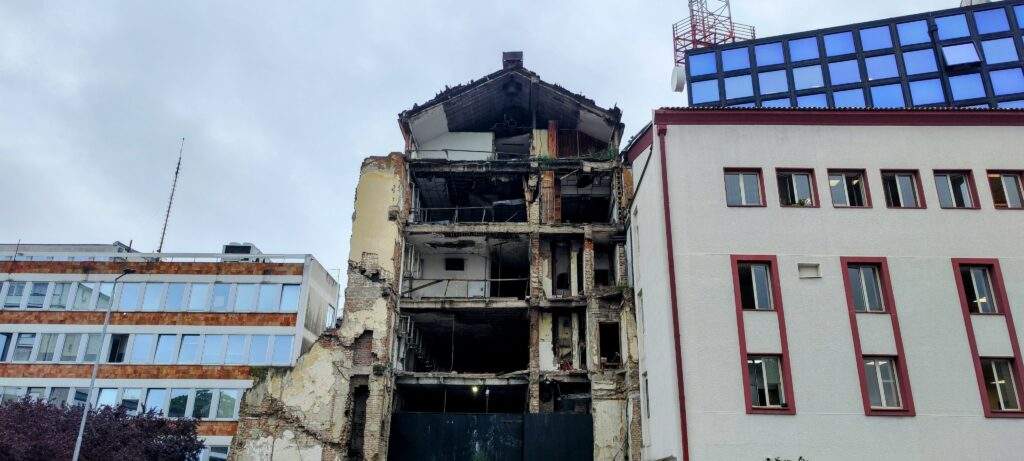
In Belgrade, today the capital of independent Serbia, the scars of the NATO bombing remain with many bombed-out buildings left in a crumbled derelict state as memorial sites. The derelict buildings stand out in what is today a modern city, stark reminders of the dark recent past of the region. Cars, buses and pedestrians pass these gruesome landmarks every day, as people go about their lives in the bustling city. Memorial plaques and statues also commemorate the losses caused by the NATO bombing of the city.
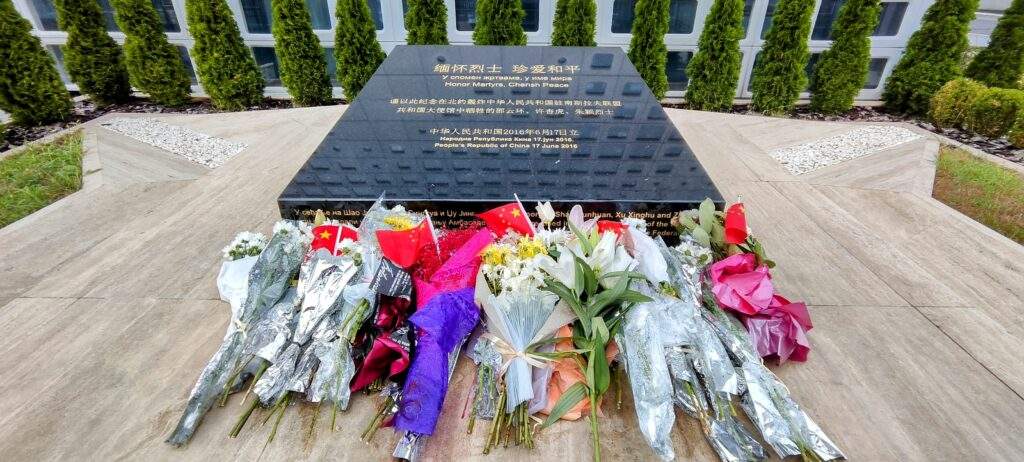
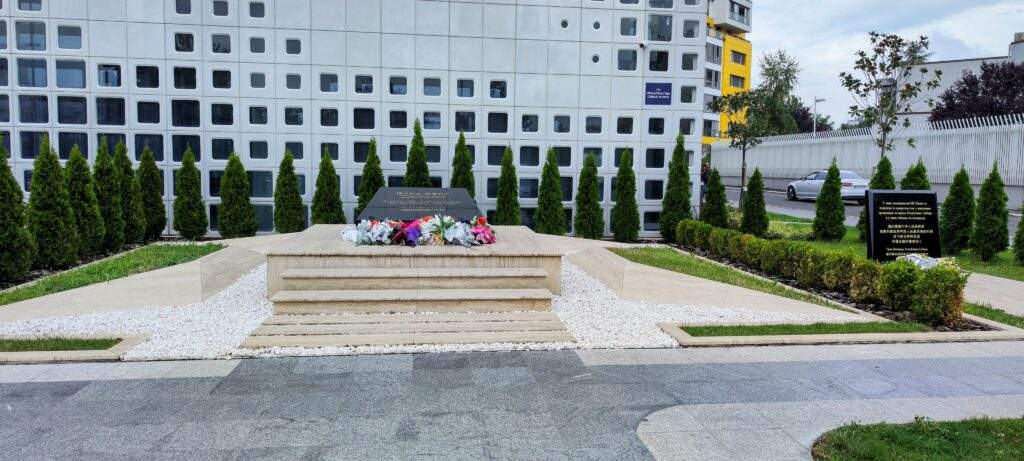

Last Updated on 22 October 2024 by Michael

